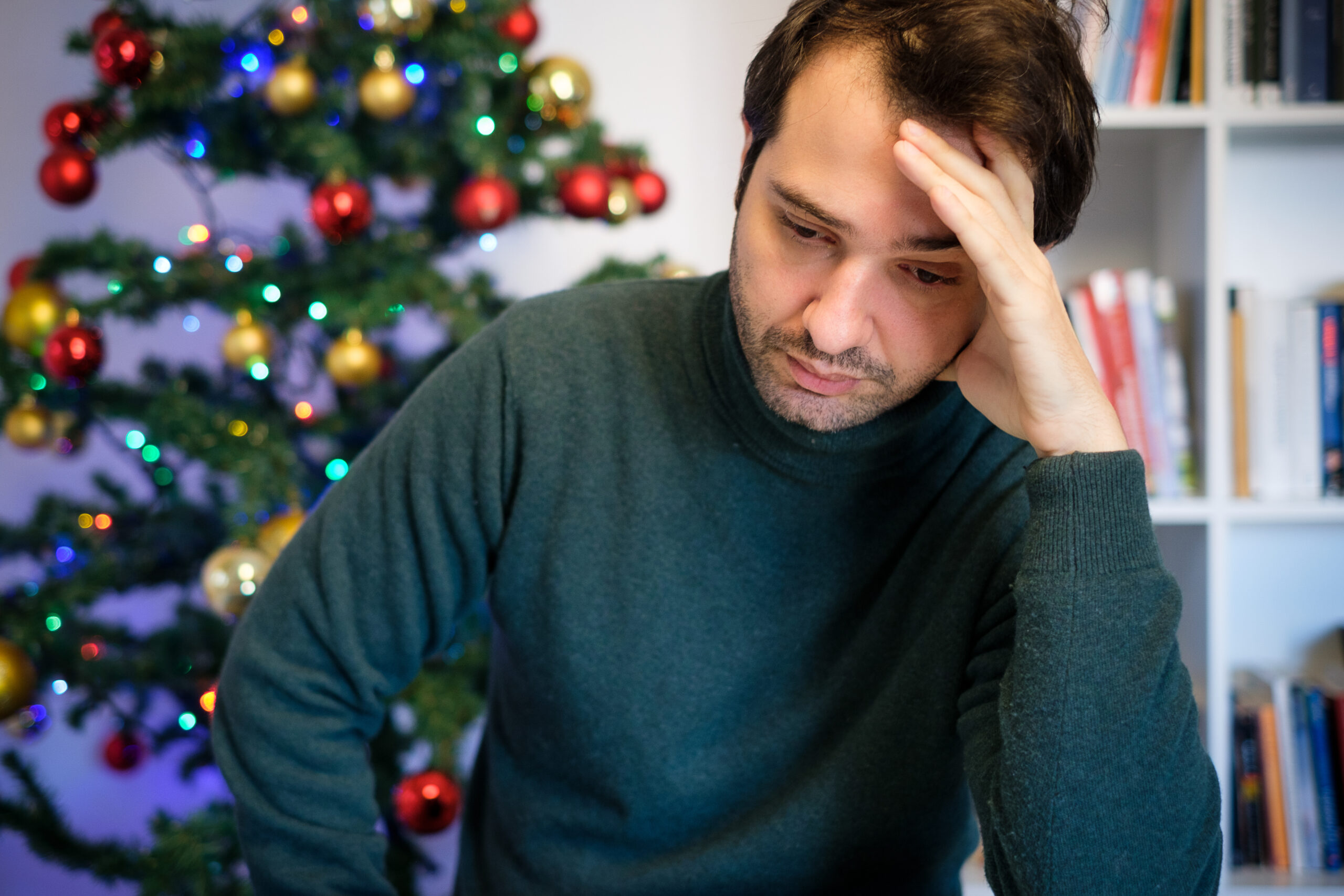
24 Nov Grieving Through the Holidays
Two years ago, a couple of weeks before Christmas, I lost my dad. The year before that, it was my grandmother. Just last year, my grandfather. To say I am familiar with the process of grieving would be a gross understatement. Grief and I have a tumultuous relationship consisting of crying jags, fits of anger, and the occasional random burst of seemingly inappropriate laughter. We’re on a first name basis, good old grief and I. I’m never really happy when grief comes for a visit, but there is one particular time of year that my dear friend wears out its welcome. The holiday season.
Why is it that the time period between Thanksgiving and the new year brings our unwanted friend pounding on our front door in a frenzy, interrupting our turkey dinner? Licensed Clinical Social Worker and Clinical Director of Psych Choices, Michael Montie, has a few insights on the topic.
Throughout the year, we may tell ourselves that we are okay. The worst is over. Of course reminders, memories of loved ones, and visiting with family are events that once again stir the grief experience into our consciousness–often when we least expect it.
Mr. Montie goes on to say that most of the population has some familiarity with grief. Many will experience an increase of grief-related feelings, including but not limited to: guilt, loneliness, anger, and sadness.
Generally speaking, all those who have experienced a loss of someone close to them in the past year also experience an intensification of those feelings during the holidays. The first anniversaries without a loved one are often the most difficult, but successive ones are/can be quite painful as well. Obviously, significant holidays can trigger memories of the past. Thus grief is also filtered through family and individual issues related to the past. Often, unmet expectations for the holidays results in more disappointment, sadness, and other feelings.
Sometimes people may experience “disenfranchised grief”, meaning grief about something we are not “supposed to” be grieving about. For example, the loss of a pet, a house, a job; a pregnancy; or even the loss of someone we thought we hated… This kind of loss may not be recognized as grief, but the significance for you can be enormous.
So what can we do? How do we get our annoying friend, grief, to put down the cranberry sauce and take a hike?
A typical suggestion Mr. Montie gives to clients is to, first, recognize how you might be coping, and then find a way to deal with the symptoms of grief in a different, healthier way. Even if you don’t experience a change from past functioning, the expectation of something different might feel better. However, it is also important not to expect anything in particular of yourself. You might just have a hard time, and need to accept that. If possible, get through it with the help of people who are supportive of you.
Beyond this, some important aspects of coping are:
- Know the limits of the situation; what can be changed, and what can’t.
- Recognize that others close to your lost loved one may not be experiencing the same things you are. Many others may not understand what to say or do to support you around the holidays. Tell them, in a constructive way, what you need!
- Try to reflect on whether you are putting too many “should statements”, or unnecessary burdens, on yourself.
- Know your own personal limits
- Take care of yourself. This can include massages, baths, art, reading, music, etc.
- Share your stress–develop or identify a support system and use it!
- Know that crying, anger, irritability, relief, and/or laughing can all occur and are “normal” during this time.
- Make some time for “fun”.
- Exercise, stay in a healthy routine as much as possible to relieve stress. Everyone experiences some stress, and grief often manifests in this way.
- Make some time for including past rituals that involve remembering those deceased while also making room for new traditions.
- Begin to develop a new role for yourself—do things you never did before—because you want to.
The most important thing to remember is that grief might take more time than we or others expect–and that is “normal” too. We often think that we are alone, but know there is help.
Many religious groups and hospitals are attuned to the need for grief groups and offer something free of charge. There are some specialized groups (for those who have lost children, for example) and many institutions organize special holiday grief groups, or at least offer groups leading up to the holiday. There are also many websites and Facebook groups that have developed, so those connections are powerful.
Of course, the therapists at Psych Choices all have experience treating grief and issues related to loss and grieving. To find out more, visit www.psychchoices.com.






No Comments